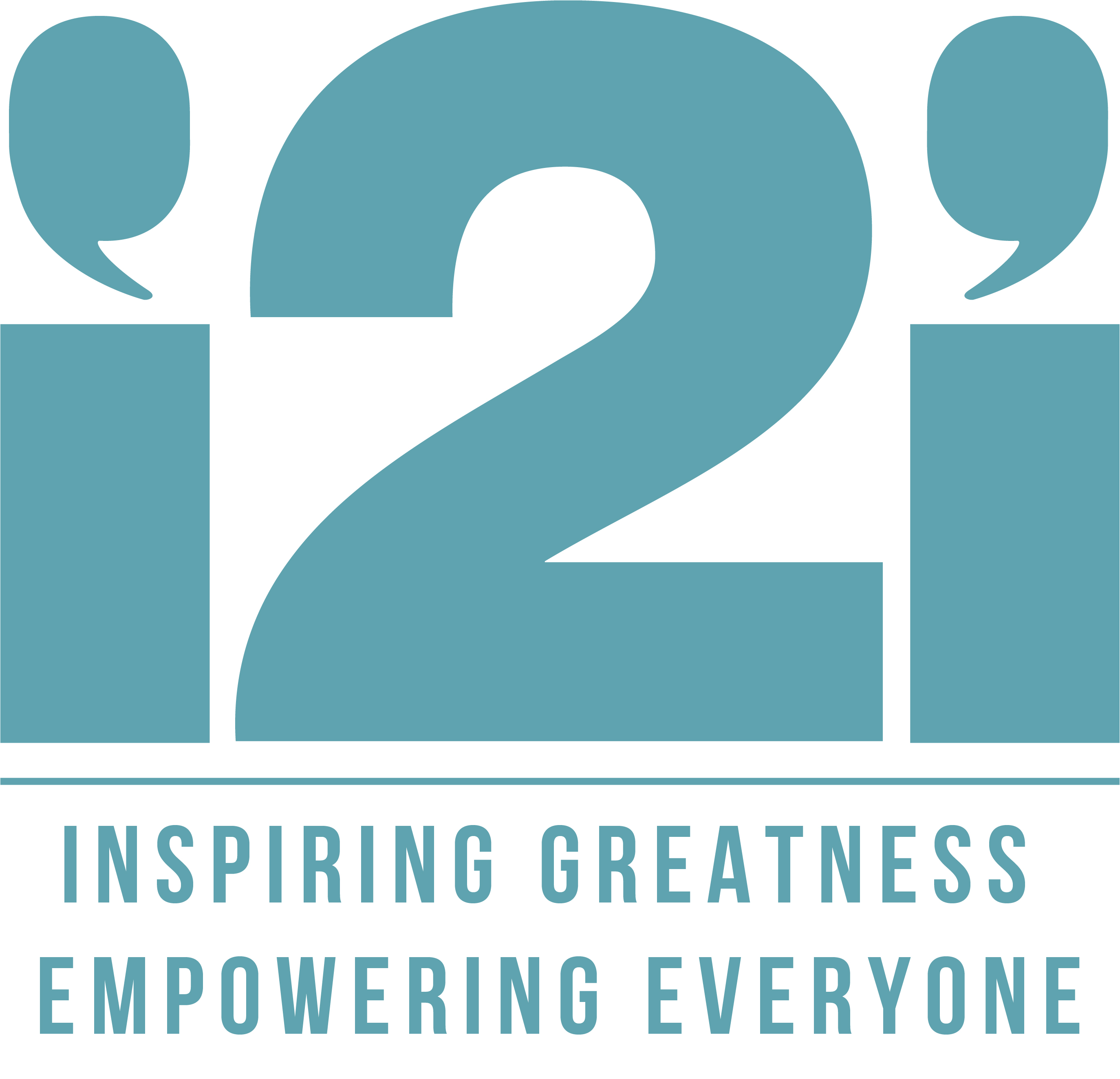Ten Thousand Hours
If you’re a fan of i2i on facebook you will have seen the recently posted videos showing some unbelievable sporting accuracy, audacity, and skill. The players on the clips are undoubtedly gifted and talented, but there is also a large slice of practice in there too, not to mention lots of fun!
Dude Perfect on YouTube watch here
Many of you will have read Malcolm Gladwell’s best seller ‘Outliers’, studying the science of success and what makes people who stand out, well, stand out.
Gladwell tells us something that we already know; that success is not all about ability. In fact, Rugby League legend Robbie Paul recently told i2i that ‘ability is over-rated’. Responsibility, sacrifice, education, work ethic, support and a little bit of luck all play a significant role.
Gladwell also popularises Ericsson’s finding (1993) that to achieve ‘expert’ status in any activity, one must put in 10,000 hours of ‘deliberate practice’. Deliberate practice is an activity we engage in with the intention to improve performance and it requires concentration and effort.
All well and good but is there something else that the All Blacks, NFL players and Dude Perfect basketball players have in common?
Further research by Côté and colleagues (2007) identified a period of our lives called the ‘sampling years’ where, between the ages of 6-12, we play a lot, in a variety of different sports. We then (age 13-15) go on to specialise and then invest (16-18) in a chosen activity.
I agree with the 10,000 hours rule. It’s hard not to, when you look at all the evidence. However, the early part of this expert development is made up from ‘deliberate play,’ the sole purpose of which is enjoyment. Normally these activities are led by friends (street football) and using a loose version of the game’s rules (Rush Goalkeepers).
We needn’t look far for the evidence. Young English football players experience structured competitions, matches on full size pitches, and regular training sessions from an early age. Conversely, the majority of Brazilian footballers grow up with a lower standard of coaching at youth level, with no formal leagues or competitions. This is deliberate, in the belief that taking the ‘English’ approach hinders the development of creativity and flair, characteristics that the English national team lack. The one player that England believes has this talent is a certain Wayne Rooney who believes his skills were honed from a young age. “My technique, shooting and accuracy – all the main things I need in my game – got better because of playing on the streets”
People must have an element of enjoyment and motivation to participate, and this is where the importance of play comes in. The athletes featured in the clips have grown up playing their sports. The amazing basketball players look like that’s all they’ve ever done!
I guess, to sum up, practice does make perfect but it’s even better if you throw in a load of fun too!

About The Author – Tom Young
Tom heads up i2i’s Sport Division, leading on delivery of the Players Programme within Premier League academies and providing individual coaching to Premier League footballers, Team GB athletes and European Tour golfers. Tom also leads on i2i’s work with corporate clients’ Graduate Teams, providing elite level support to aspiring business leaders of the future.
Having been inspired by the i2i material as a young football player, Tom went on to complete degrees in both Psychology (BSc) and Sport Psychology (MSc) before joining i2i full time.
Newsletter
Sign up for the i2i Newsletter for inspirational stories and success tips.
